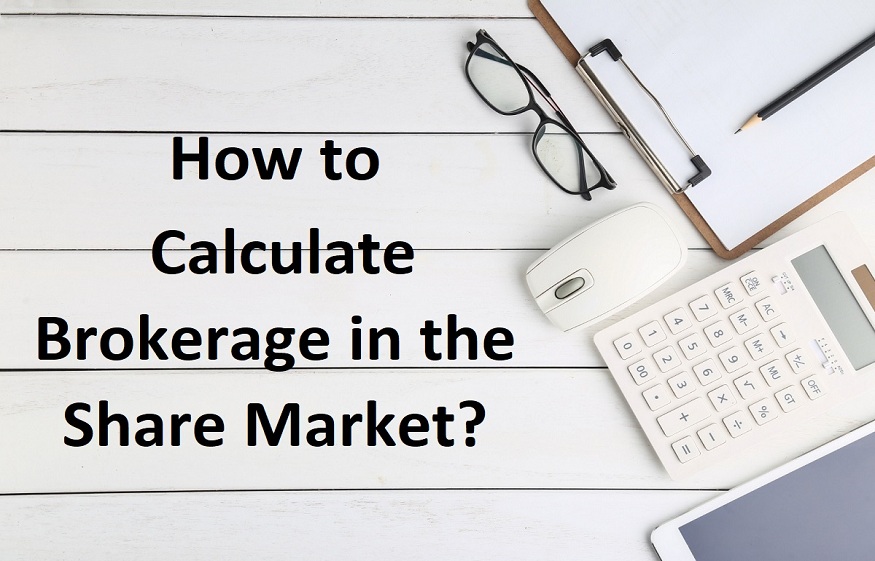
Investing in the stock market can be an intimidating endeavor for many, especially when it comes to understanding and minimizing brokerage charges. In this blog post, we will explore the different types of online trading apps and brokerage fees, as well as strategies to reduce these costs. We will also provide tips on how to get the most out of your online trading app. With a few simple steps, you can start cutting your brokerage fees and maximizing your returns from investing in the stock market.
Understanding the Different Types of Online Trading Apps and Brokerage Fees.
Comparing Traditional vs. Online Trading Platforms.
In the past, traders and investors relied on the services of a broker to place trades and manage investments. This traditional approach often comes with a variety of fees including commissions, exchange fees, and more. With the emergence of online trading platforms, however, it is now possible for traders to buy and sell securities without having to pay hefty brokerage fees or commissions.
Online trading apps provide users with access to a range of markets that are otherwise inaccessible through traditional means. Not only do these platforms offer enhanced convenience, but they are considerably less expensive than relying on brokers’ services. As such, many traders have begun using online trading apps as their primary investment platform instead of relying solely on brokers.
Exploring the Different Types of Online Trading Apps.
There are several different types of online trading apps available today depending on one’s needs and preferences — ranging from full-service platforms that provide comprehensive market analysis tools and execution capabilities, to those designed specifically for active day traders who need more sophisticated features such as real-time quotes and news feeds in order to make informed decisions quickly throughout the course of their trading day.
Investors who prefer a hands-off approach might opt for robo-advisor programs that use algorithms to automatically manage portfolios according to preselected parameters like risk tolerance or asset allocation goals; while those looking for an even simpler way out may choose discounted brokers that simply execute orders at low rates without much in terms of advanced features or research capabilities beyond basic stock screens for analyzing potential investments. Regardless of what type is chosen though, all online trading app providers charge some form of brokerage fee when conducting transactions through them — so it pays off (literally) for users to familiarize themselves with how each type works before committing funds to any one particular platform over another.
Investigating Brokerage Charges.
When comparing different online trading providers it is important not just to look at the overall cost associated with making trades but also to consider any additional charges that might be incurred depending upon what kind of transaction is being made (eg: buying/selling stocks versus options contracts). For example, some brokers may charge extra “coverage” fees if an option contract expires worthless; while others may tack on additional costs per share when placing larger orders than normal (eg: over 5k shares). Similarly, certain services like margin accounts will incur higher interest rates compared to other types of accounts; so understanding exactly what rate structure applies ahead of time can help save significant money down the line.

